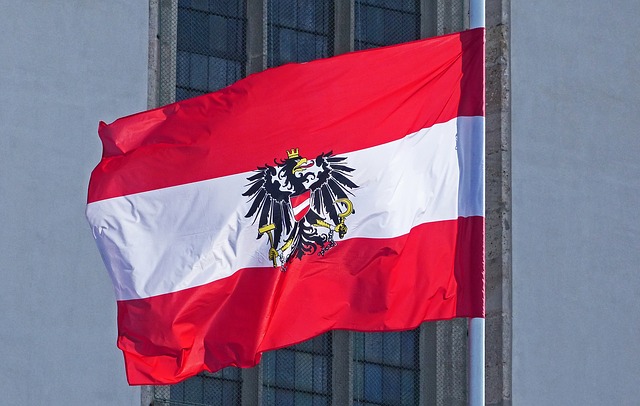June 3, 2022
According to the report of UniCredit Bank Austria AG;
■ Economic recovery should continue despite burdens from Ukraine war
After the pandemic-related contraction in the last quarter of 2021, the Austrian economy has returned to growth as expected. According to a first official estimate, GDP rose by 2.5 percent quarter-on-quarter in the first quarter of 2022, supported by the easing of restrictions in the services sector and a strong performance from construction and industry. However, since the start of the war in Ukraine, sentiment in the economy has deteriorated significantly, and it is expected a strong dampener to the economy, especially in the second quarter and also in the third quarter. After the strong start to the year, it is continued to expect economic growth of 3.6 percent in 2022. In 2023, GDP growth is expected to slow to 2.6 pe cent.
■ Improvement in the labor market, but Ukraine war will slow decline in unemployment rate
The labor market situation eased much faster than expected in the first months of 2022. The seasonally adjusted unemployment rate fell to 6.2 percent in April, the lowest level in 14 years. After 8.0 per cent in 2021, it is expected the unemployment rate to fall to just 6.3 percent on average in 2022. Given the high number of job vacancies, the positive trend of recent months is likely to continue, albeit at a somewhat slower pace due to the Russia sanctions. For 2023, it is expected a moderate decline in the unemployment rate to 6.1 percent on average for the year.
■ Commodity price dynamics will continue to fuel inflation in the upcoming months
The escalation of the Ukraine crisis has led to an acceleration in commodity prices and lifted inflation to 7.2 percent in April. Inflation is still expected to rise above 7 percent year-on-year in the coming months via energy prices, as food prices are also pushing up inflation. However, from the second half of the year onwards, the stabilization of energy prices should start to dampen inflationary pressures. It is continued to expect an average inflation rate of 5.9 per cent in 2022. Despite easing pressure from commodity prices, inflation will remain above average at 2.3 percent in 2023, as some second-round effects (e.g. indexation of rents) are expected. In contrast, it is assessed the risk of a wage-price spiral as low from today’s perspective.
Source: Report of UniCredit Bank Austria AG
Legal Notice: The information in this article is intended for information purposes only. It is not intended for professional information purposes specific to a person or an institution. Every institution has different requirements because of its own circumstances even though they bear a resemblance to each other. Consequently, it is your interest to consult on an expert before taking a decision based on information stated in this article and putting into practice. Neither Karen Audit nor related person or institutions are not responsible for any damages or losses that might occur in consequence of the use of the information in this article by private or formal, real or legal person and institutions.






